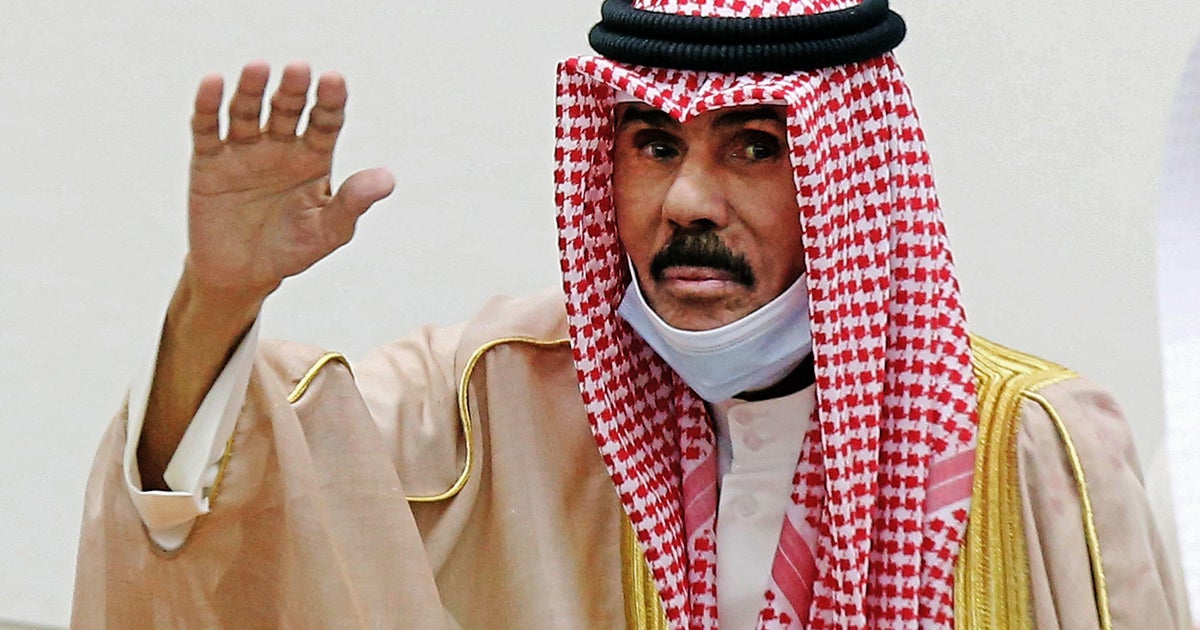Kuwait Holds 4th Election in 4 Years

The Facts
Kuwaiti citizens on Thursday voted in the country's first national elections under the new Emir, Sheikh Mishal al-Ahmad al-Sabah, amid hopes to end a years-long gridlock between the National Assembly and the royal family.
The vote — the fourth in as many years — comes after Sheikh Mishal assumed power last December following the death of his half-brother, Sheikh Nawaf al-Ahmad al-Sabah.
The Spin
Establishment-critical narrative
Kuwait is a shining beacon of democracy that serves as an example to its neighbors in the Middle East. Kuwaiti voters are encouraged to participate actively in elections, and the country's separation of powers creates lively debate and compromise that enables optimal governance. Sheikh Mishal is a reform-oriented leader who wants to work with parliament to pass the necessary legislation that will move Kuwait forward.
Pro-establishment narrative
Despite being blessed with some of the world's richest oil reserves, Kuwait can't escape political turmoil — and the socioeconomic troubles that result from such gridlock. While its National Assembly has more influence than similar bodies in other Gulf monarchies, the Sheikh still has the authority to act as an autocrat and push his agenda. After voting every year and not seeing any results, Kuwaitis are rightfully fatigued — this disenfranchisement emphasizes the decline of Kuwait's democracy.

